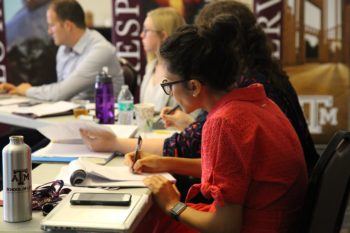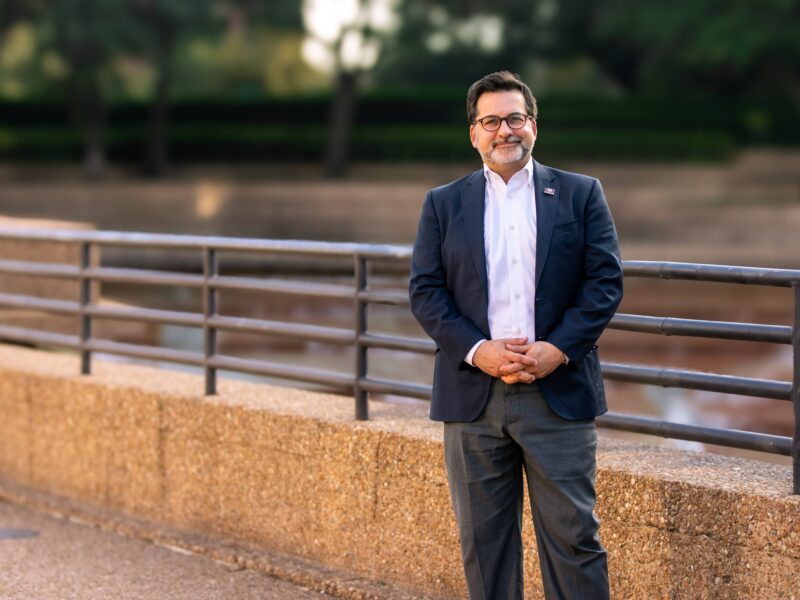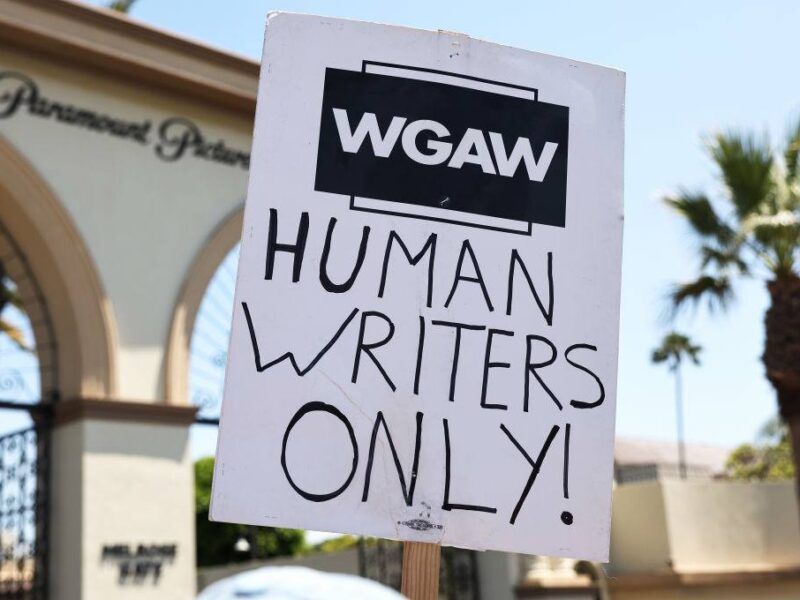Texas A&M Environmental Law Scholars Discuss Threats Of Climate Change
The Texas A&M School of Law in Fort Worth hosted the inaugural Environmental Schmooze (or EnviroSchmooze), a gathering of environmental scholars from across the nation who focused on climate change issues and challenges. Organizers said the purpose of the event was to allow participants to engage in meaningful conversations and analyses on critical legal and policy issues.

Holly Doremus, a U.C. Berkeley School of Law professor, opened the event with her newest project on competing interests in West Coast resource allocation. Doremus argued that an ethics- and values-based approach to land use regulation is long overdue, with the key conclusion being that once a decision is made, that conservation goals require limits on the allowable extent of resource exploitation.
Texas A&M Law Professor Felix Mormann spoke about the benefits, costs and proper role of adaptive regulatory schemes in energy policy and beyond. He proposed a normative theory of adaptive regulation, which he argued is superior to algorithmic governance, though he maintained that not all areas of governance are well-suited for adaptive regulation.
Professor Mark Nevitt, a Sharswood Fellow at the University of Pennsylvania Law School, presented his research highlighting climate change as a “threat accelerant” in the national security context, citing increasingly frequent extreme weather patterns threatening nations’ sovereignty through rising sea levels, as well as national integrity through threats to food and water security.
The other participants were Texas A&M Law Professors Vanessa Casado Pérez , Gabriel Eckstein and Timothy M. Mulvaney; Robert L. Glicksman, The George Washington University Law School; Arden Rowell, University of Illinois College of Law; and Gabriel Weil, Georgetown University Law Center.





